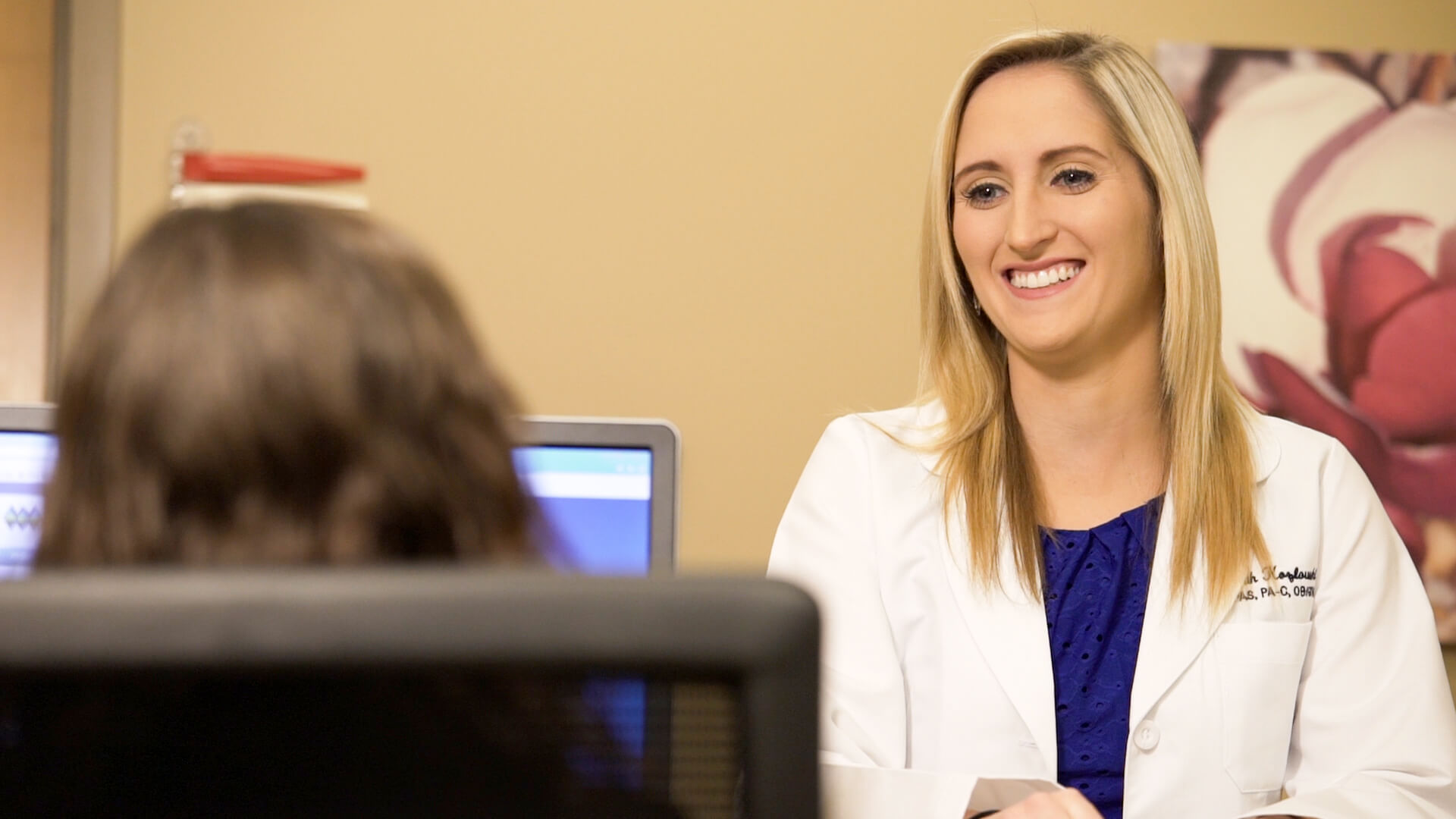A woman may need to see a gynecologist for various reasons related to her reproductive health, overall well-being, and preventive care. A gynecologist is a medical specialist who focuses on women’s health, specifically dealing with the female reproductive system.
Regular visits to a gynecologist are vital for overall reproductive health and early detection of any potential issues. One primary reason women seek gynecological care is for annual check-ups, where the doctor performs a pelvic exam, Pap smear, and breast examination. These tests help to screen for cervical cancer, sexually transmitted infections (STIs), and breast abnormalities.
Women may also visit a gynecologist for contraceptive counseling and family planning. Gynecologists can provide information and guidance on various birth control methods, such as pills, patches, intrauterine devices, and implants. They can also evaluate the suitability of these methods based on individual needs and medical history.
Gynecologists play a crucial role in diagnosing and treating reproductive health issues. They can address conditions like abnormal menstruation, vaginal infections, pelvic pain, endometriosis, fibroids, polycystic ovary syndrome (PCOS), and urinary tract infections. They can perform necessary tests, ultrasounds, and biopsies to determine the underlying cause and recommend appropriate treatment options.
Pregnant women or those planning to conceive often rely on gynecologists for prenatal care. These medical professionals monitor the health of both the mother and the developing fetus throughout the stages of pregnancy, providing essential guidance on nutrition, exercise, and lifestyle choices. They also perform ultrasounds, monitor fetal growth, and address any complications that may arise.
Gynecologists are also trained to deal with menopausal and postmenopausal concerns. They can help manage symptoms like hot flashes, mood swings, and vaginal dryness. They may recommend hormone replacement therapy or other treatment options best suited to relieve discomfort and maintain a good quality of life.
In conclusion, regular visits to a gynecologist are crucial for women’s reproductive health. These medical specialists provide a wide range of services, including preventive care, screenings, diagnosis, and treatment of various conditions. By seeking gynecological care, women can maintain optimal health, detect potential issues early on, and receive appropriate medical attention when needed.
Is a well woman exam the same as an annual physical?
Unlike regular physicals and doctor’s appointments, a well-woman exam is centered around the health of your vagina, cervix, uterus, and breasts. Your health will be taken into account as a whole, but the main focus of a well-woman exam is your reproductive health.
What is the difference between a doctor and a primary care physician?
People sometimes use “primary care physician” and “general practitioner” interchangeably. These two terms are not synonymous, however. A primary care physician is the doctor you see for regular check-ups. Your primary care physician may be an internistinternistA therapist is a person who offers any kinds of therapy. Therapists are trained professionals in the field of any types of services like psychologists, social workers, counsellors, etc. They are helpful in counseling individuals for various mental and physical issues.https://en.wikipedia.org › wiki › TherapistTherapist – Wikipedia, a family practitioner, or another type of doctor.
For what reasons might a woman see a gynecologist?
– Painful periods. Monthly menstrual periods are really uncomfortable for many women. …
– Vaginal bleeding. …
– Starting or resuming sex. …
– Bumps and blisters. …
– Breast issues. …
– Vaginal odor. …
– Discomfort during sex. …
– Low libido.
Is a gynecologist the same as a primary care physician?
Gynecologists and primary care doctors specialize in different things: Gynecologists are trained to focus on women’s health issues. Primary care doctors (also sometimes called “general practitioners”) are the doctors we see for regular checkups and immunizations, and when we’re not feeling well.
Can you live with chronic nerve pain?
Roughly 20 million Americans are living with neuropathy. Living with daily pain and discomfort can be challenging. People with neuropathy are at a higher risk for depression and anxiety than those without a neurological disorder. The good news is treatable, and a pain management specialist can help.
What to do when nerve pain becomes unbearable?
Pain relief and other medicines can help, as can non-drug treatments such as exercise, acupuncture and relaxation techniques. Your doctor will also treat or manage any underlying conditions such as diabetes and vitamin B12 deficiency.
Can you live a full life with neuropathy?
Though peripheral neuropathy presents daily challenges, it does not preclude living a fulfilling life with proper management. By developing an effective treatment plan, making lifestyle adjustments, and taking a proactive self-care approach, many patients control their symptoms successfully.Aug 7, 2023
How can I improve nerve pain?
– Over-the-counter (OTC) pain relievers. These include medications like acetaminophen and ibuprofen.
– Antiseizure medications. …
– Antidepressants. …
– Topical treatments. …
– Nerve blocks. …
– Physical therapy. …
– Surgery. …
– Psychological counseling.
How do you live with nerve pain?
– educating yourself about nerve pain and how to manage it.
– exercise — try to spread out small amounts of gentle exercise over the day as part of your regular routine (pacing)
– acupuncture.
– relaxation techniques to help with your pain and with sleeping.



